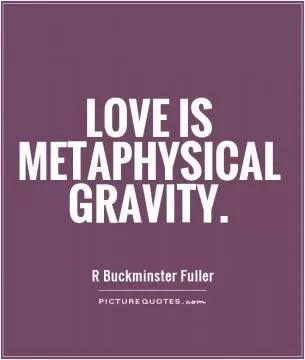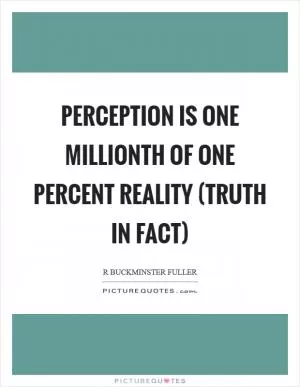Humanity is acquiring all the right technology for all the wrong reasons

Humanity is acquiring all the right technology for all the wrong reasons
R. Buckminster Fuller, a renowned American architect, inventor, and futurist, once famously said, "Humanity is acquiring all the right technology for all the wrong reasons." This statement holds a profound truth that resonates even more strongly in today's world. As we continue to advance technologically at an unprecedented pace, it is crucial to reflect on the underlying motivations driving this progress.One of the key reasons why humanity is acquiring technology for the wrong reasons is the pursuit of profit and power. In a capitalist society, technological advancements are often driven by the desire to maximize profits and gain a competitive edge over others. This has led to the development of technologies that prioritize economic growth and corporate interests over the well-being of people and the planet. As a result, we see the proliferation of technologies that exacerbate inequality, exploit natural resources, and contribute to environmental degradation.
Another reason why humanity is acquiring technology for the wrong reasons is the pursuit of convenience and instant gratification. In our fast-paced, consumer-driven society, there is a constant demand for new and improved technologies that promise to make our lives easier and more convenient. However, this relentless pursuit of convenience often comes at a cost, as it can lead to the overconsumption of resources, the erosion of social connections, and the loss of essential skills and knowledge.
Furthermore, the prioritization of short-term gains over long-term sustainability is another reason why humanity is acquiring technology for the wrong reasons. In our quest for immediate benefits and quick fixes, we often overlook the potential long-term consequences of our technological choices. This has resulted in the development of technologies that are not environmentally sustainable, socially just, or ethically responsible.












 Friendship Quotes
Friendship Quotes Love Quotes
Love Quotes Life Quotes
Life Quotes Funny Quotes
Funny Quotes Motivational Quotes
Motivational Quotes Inspirational Quotes
Inspirational Quotes